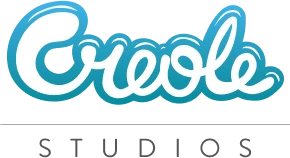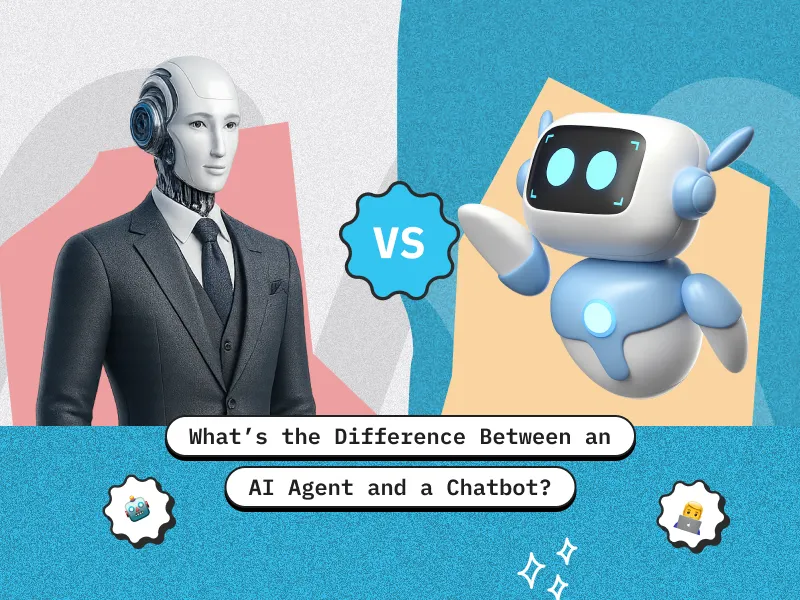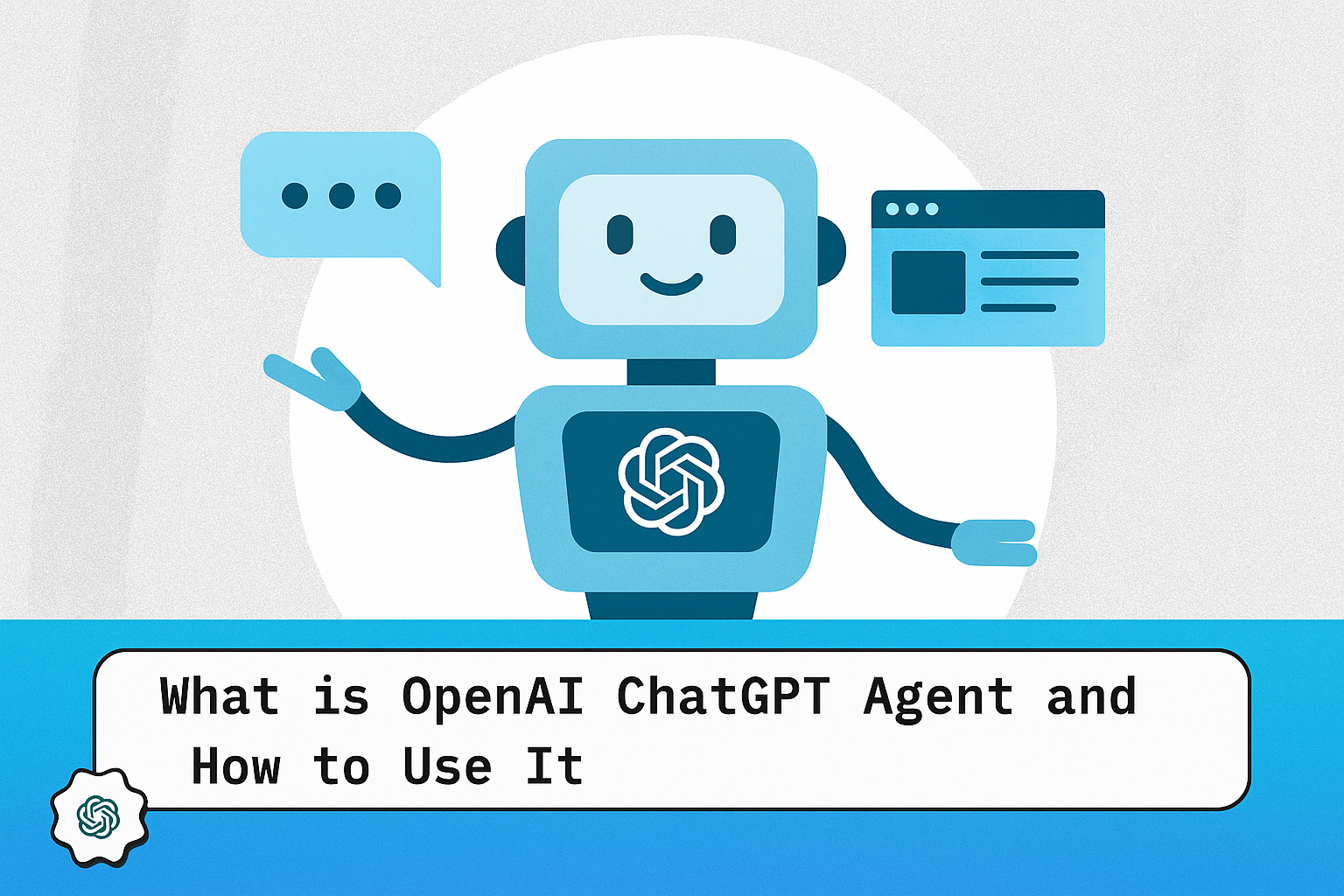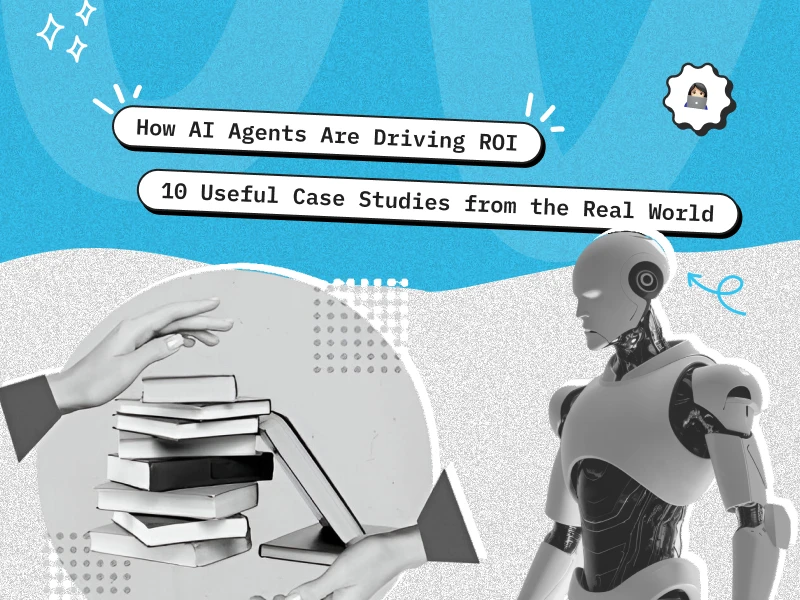TL;DR
- Chatbots are rule-based tools built for simple, scripted interactions like FAQs and order tracking.
- AI agents are autonomous systems that can learn, reason, and execute multi-step workflows across industries.
- Chatbots are reactive (respond only when prompted), while AI agents can be proactive (initiate actions and provide insights).
- Use chatbots if you need cost-effective automation for repetitive queries; use AI agents if you need intelligent, personalized, enterprise-level solutions.
- The future of automation is shifting from chatbots to AI agents, which are becoming essential for driving ROI and digital transformation.
Introduction
The conversation around AI agent vs chatbot has gained serious traction in recent years. Businesses once relied on basic chatbots to handle customer queries and automate small tasks. Fast forward to 2025, and we’re witnessing the rise of AI agents—autonomous systems that not only respond but also reason, learn, and take proactive actions.
If you’ve been wondering whether your business needs a chatbot or an AI agent, this guide will break down the key differences, practical use cases, and the future potential of each. By the end, you’ll know which option is right for your business—or whether it’s time to partner with an AI Agent Development Company to build a custom solution tailored to your needs.
What is a Chatbot?
A chatbot is a software application designed to simulate human conversation through text or voice. Most chatbots fall into two categories:
- Rule-based chatbots – follow a fixed set of rules and respond with pre-programmed answers.
- AI-powered chatbots – use Natural Language Processing (NLP) to interpret user input and provide slightly more dynamic responses.
Key Characteristics of Chatbots:
- Operate on scripts or decision trees.
- Handle repetitive tasks (FAQs, appointment booking, simple troubleshooting). For hospitality and wellness, a Spa Booking AI Agent can automate reservations and reduce no-shows.
- Work well for structured, predictable conversations.
For example, if a customer types “What’s your return policy?”, a chatbot quickly retrieves the answer from its database. While efficient, chatbots lack true reasoning abilities—they don’t learn from past interactions or adapt to unique situations beyond their training.
What is an AI Agent?
An AI agent is far more advanced. Instead of just simulating conversation, AI agents are autonomous systems capable of reasoning, learning, and taking actions without human intervention.
Think of an AI agent as a digital worker. It doesn’t just answer questions—it can analyze data, make recommendations, perform multi-step tasks, and even interact with other systems to get work done.
Core Characteristics of AI Agents:
- Use machine learning and agentic reasoning for decision-making.
- Continuously improve through real-time data and user feedback (often referred to as Dynamic AI Agents).
- Capable of multitasking across multiple domains.
- Can be proactive rather than purely reactive.
For instance, a banking AI agent doesn’t just answer balance inquiries. It can detect unusual activity, recommend financial products, and initiate fraud alerts without being explicitly asked.
AI Agent vs Chatbot: Key Differences
This is where things get interesting. While both technologies fall under conversational AI, their capabilities, use cases, and business value are very different.
| Feature | Chatbot | AI Agent |
| Core Function | Follows predefined rules and scripts | Operates autonomously, capable of reasoning and decision-making |
| Learning Ability | Limited (rule-based or keyword-driven) | Adaptive — learns continuously from data and user interactions |
| Scope of Tasks | Narrow (FAQs, basic customer queries, lead capture) | Broad (multi-step workflows, personalized recommendations, cross-domain problem-solving) |
| User Experience | Scripted, often repetitive | Dynamic, contextual, and highly personalized |
| Integration | Basic integration with CRMs, chat apps, or websites | Deep integration with enterprise systems, APIs, and multimodal data streams |
| Autonomy | Reactive — responds only when prompted | Proactive — can initiate actions and collaborate with other systems |
| Best Use Cases | Simple support, sales inquiries, appointment scheduling | Finance, healthcare, supply chain, personalized virtual assistants, enterprise operations |
| Scalability | Suitable for small to medium businesses | Scales effectively for enterprise-grade applications |
This comparison clearly shows that while chatbots are excellent for lightweight, transactional tasks, AI agents are designed for intelligent, enterprise-level problem-solving. Enterprise-grade deployments often rely on infrastructure such as MCP Servers and collaborative architectures like MCP AI to deliver high concurrency and low-latency access to data.
When Should Businesses Use Chatbots?
Chatbots are ideal for businesses that:
- Receive a high volume of repetitive queries.
- Want to reduce basic customer service costs.
- Need a quick and cost-effective automation solution.
- Operate in industries where most questions are straightforward (e.g., retail, hospitality, education FAQs). Real estate teams can also use chatbots for lead qualification and property inquiries — see How Can Real Estate Agents Use AI.
Example: An eCommerce brand can deploy a chatbot to answer common questions like “Where’s my order?” or “What’s your return policy?” without overloading human agents.
When Should Businesses Use AI Agents?
AI agents are best suited when your business requires intelligent automation. Choose AI agents if you need:
- Complex decision-making (e.g., fraud detection in banking). These capabilities are frequently delivered through Agentic AI Workflows, which orchestrate multi-step tasks across systems.
- Personalized recommendations (e.g., healthcare treatment plans, financial advice). For finance-specific automation and forecasting, consider an AI Finance Agent.
- End-to-end workflow automation (supply chain, HR management, IT helpdesk). Sales teams can also benefit by automating lead scoring and outreach with an AI Sales Agent.
- Proactive engagement (reaching out to users with insights before they ask).
Example: In healthcare, an AI agent can analyze patient data, predict potential risks, and assist doctors with diagnosis—not just answer questions about symptoms. For a deeper healthcare example of agentic reasoning in practice, see Agentic Reasoning AI Doctor.Marketing and growth teams can also leverage agents to scale content and organic reach — see AI Agent in Content Marketing and practical SEO examples in SEO AI Agent.
Explore: AI Agent Useful Case Study
Real-World Scenarios: AI Agent vs Chatbot
To make this distinction clearer, let’s look at three scenarios:
- Customer Support
- Chatbot: Provides scripted answers to shipping and refund policies. By contrast, an AI Call Center Agent can handle escalations, route complex queries, and integrate deeply with CRM data.
- AI Agent: Identifies customer intent, analyzes past interactions, and recommends personalized solutions—sometimes before the customer even asks.
- Chatbot: Provides scripted answers to shipping and refund policies. By contrast, an AI Call Center Agent can handle escalations, route complex queries, and integrate deeply with CRM data.
- Finance
- Chatbot: Gives balance information or transaction history.
- AI Agent: Detects unusual transactions, recommends savings strategies, and integrates with external APIs for financial forecasting. For crypto-specific trading strategies and automation, see AI Agent For Crypto Trading.
- Chatbot: Gives balance information or transaction history.
- Education
- Chatbot: Shares course schedules and fee details.
- AI Agent: Acts as a personalized tutor, adapting lessons to each student’s learning style and progress. Similarly, travel companies use AI Travel Agent solutions to generate itineraries and rebook disrupted trips automatically.
- Chatbot: Shares course schedules and fee details.
The Future of AI Agent vs Chatbot
The chatbot market isn’t going away, but it’s being reshaped. Many businesses will continue to use chatbots for entry-level automation. However, the future clearly points toward AI agents. In parallel, Open Source AI Agents are lowering the barrier to experimentation and accelerating adoption.If you want a detailed comparison of paradigms, check AI Agent VS Traditional Automation.
With agentic reasoning, multimodal capabilities, and integration across platforms (see Top Platfirms to Build Multimodal AI Agents), AI agents are evolving into the backbone of digital transformation. They won’t just “talk”—they’ll act, analyze, and deliver measurable ROI.
Experts predict that by 2030, AI agents will replace 40% of repetitive digital workflows, freeing up human employees to focus on creative, strategic work. Chatbots, meanwhile, will remain in supporting roles for basic interactions.
Conclusion
The debate of AI agent vs chatbot isn’t about one replacing the other—it’s about knowing which tool fits your business needs.
- Use chatbots when you want a simple, cost-effective solution for FAQs and repetitive tasks.
- Invest in AI agents when you need intelligence, autonomy, and real business impact across complex workflows.
If your organization is exploring intelligent automation, now is the perfect time to make the move. A reliable AI Agent Development Company can help you design and deploy custom AI agents tailored to your industry. If you’re evaluating investment, see our guide to Cost to Build AI Agent for ballpark estimates and cost drivers.
AI is no longer about chatbots—it’s about building agents that think, learn, and act. The choice you make today will determine how prepared your business is for tomorrow.
FAQ’s
1. What is the main difference between an AI agent and a chatbot?
The key difference lies in autonomy and intelligence. Chatbots follow pre-programmed rules to respond to simple queries, while AI agents can reason, learn, and perform multi-step tasks across complex workflows.
2. Can a chatbot be considered an AI agent?
No. While some chatbots use AI for Natural Language Processing (NLP), they lack autonomy and adaptive learning. An AI agent goes beyond conversations—it can analyze data, make decisions, and take proactive actions.
3. Which is better for small businesses: AI agent or chatbot?
For small businesses with limited budgets and basic needs, chatbots are more cost-effective. However, growing businesses that need advanced automation and personalization should consider AI agents. Learn more about practical benefits in Small Business AI Agent Advantages.
4. Do AI agents replace human employees?
Not exactly. AI agents handle repetitive and analytical tasks, allowing human employees to focus on strategic, creative, and customer-facing activities. They complement rather than replace human teams.
5. How do I choose between implementing an AI agent vs chatbot?
Start by evaluating your business goals. If you need simple, scripted interactions (like FAQs or lead capture), a chatbot works. If you require intelligent, proactive automation across workflows, an AI agent is the better choice.











 30 mins free Consulting
30 mins free Consulting 
 12 min read
12 min read 







 Love we get from the world
Love we get from the world 